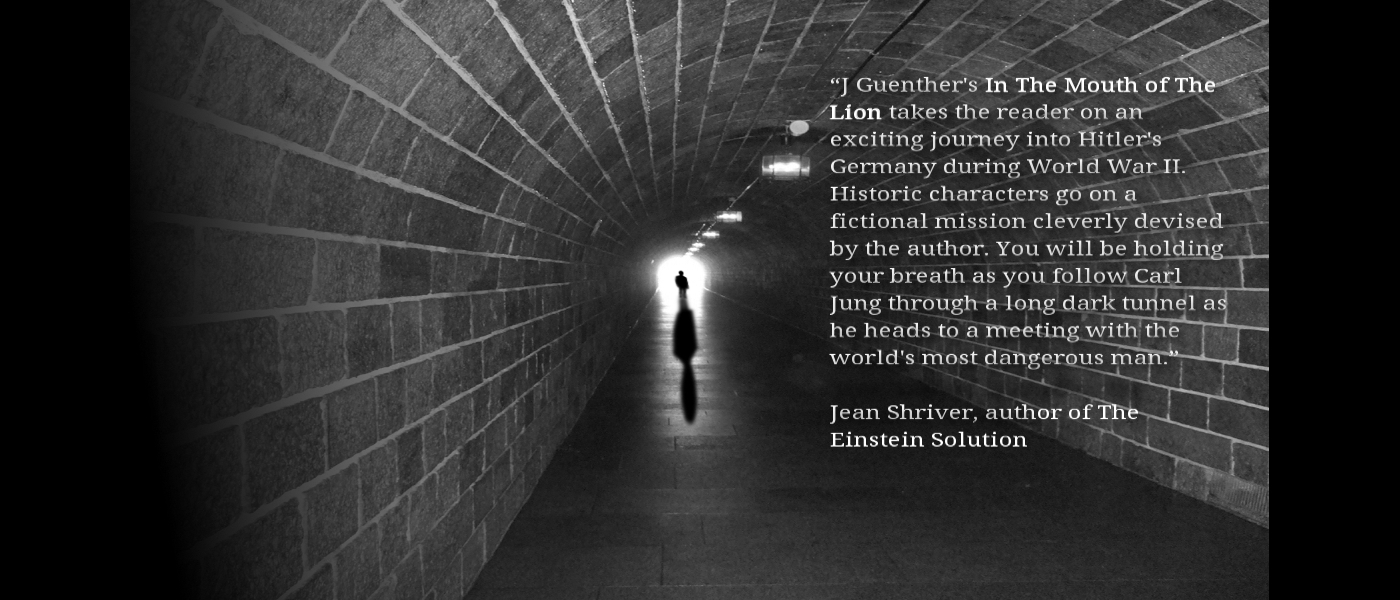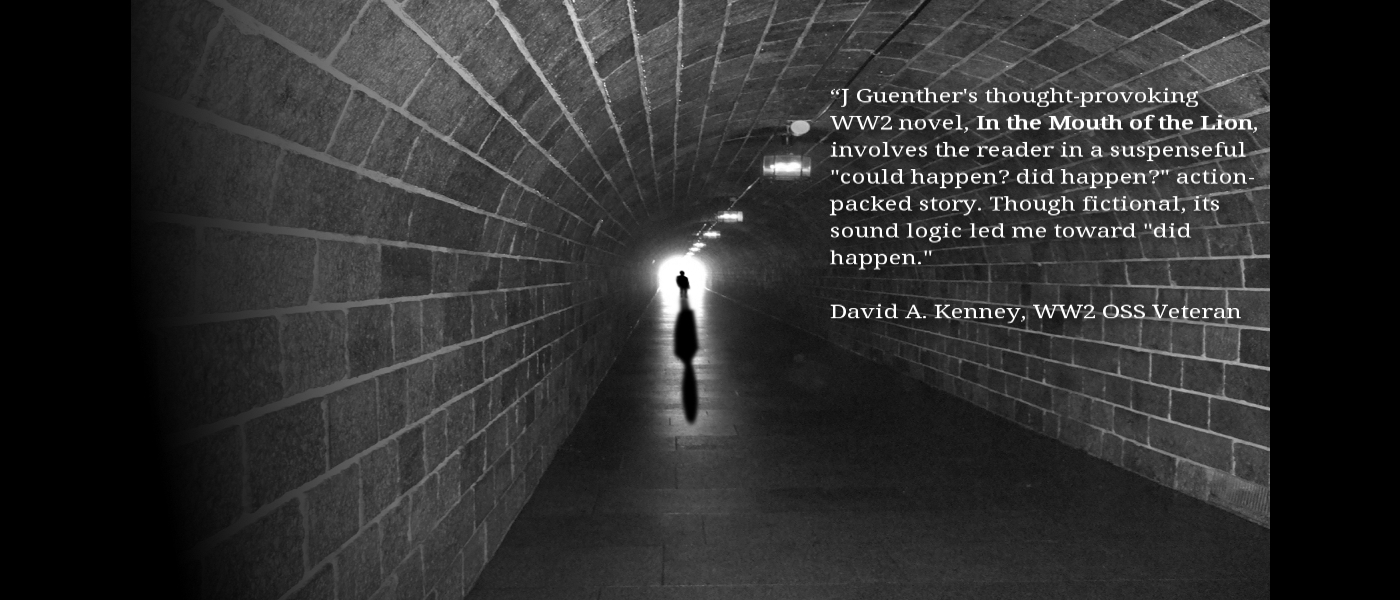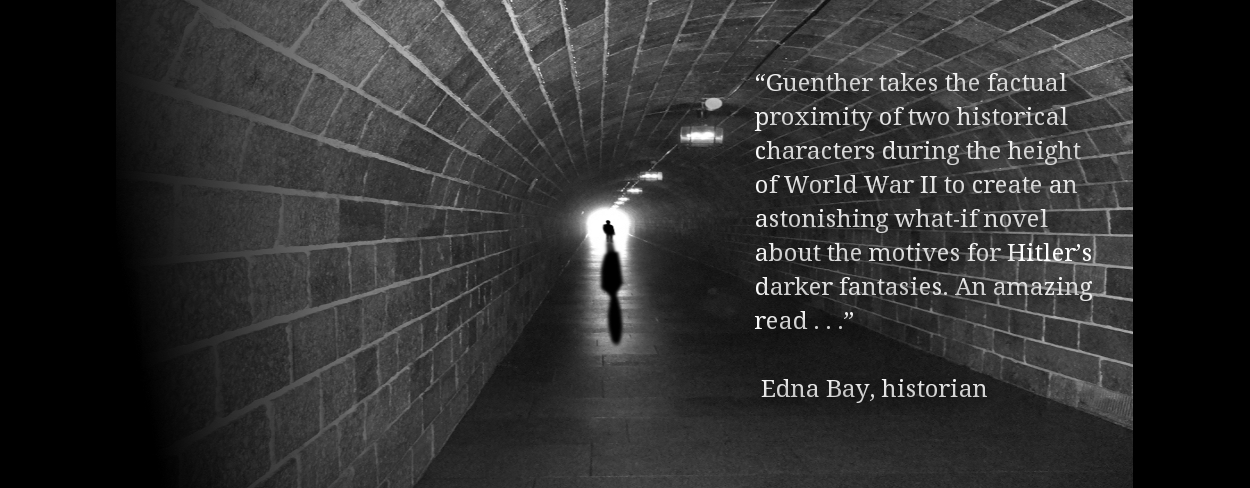Schattenburg is an actual castle in Feldkirch, Austria. I placed part of the action for In the Mouth of the Lion in Schattenburg partly because of the name, Schatten, or shadow, + burg, or castle. Given that one of the more important archetypes in Jungian psychology is the Shadow, it seemed a natural locale for the book. The other reason for choosing Schattenburg was that it lies on the most direct route out of Austria, when coming from Bludenz.
I’ve never had the opportunity to visit Schattenburg, but I hope to do so, someday. I’m particularly interested to see if there really is a “yellow room.” (Actually, it wouldn’t surprise me to see that it has several. I discovered after completing In the Mouth of the Lion that yellow was a favorite color of Austrian nobility, and yellow décor was very popular as a result.
Roughly speaking, in Jungian psychology, “the Shadow” represents a part of the unconscious mind which contains negative traits that have been rejected or repressed or, perhaps, neglected. The Shadow can also be taken in a larger sense to include the entire unconscious, in which case it is not totally negative; but usually it refers to the dark side of the psyche.
“Everyone carries a [S]hadow, and the less it is embodied in the individual’s conscious life, the blacker and denser it is.” [Jung, C.G. (1938). “Psychology and Religion;” CW 11: Psychology and Religion: West and East. P.131]
As an unconscious (therefore illogical) archetype, the Shadow is part of the mechanism of psychological projection, that is, the perception of evil in others based on one’s own personal, conscious and unconscious defects.
In Mouth of the Lion, I compare The Shadow to a lens through which the unconscious views others, simultaneously and dangerously distorting the ego’s vision of reality: the darker the lens, the darker and more evil others are seen. Jung said that if this process is not observed consciously “…The projection-making factor (the Shadow archetype) then has a free hand and can realize its object–if it has one–or bring about some other situation characteristic of its power.” [Jung, C.G. (1951). “Phenomenology of the Self” in The Portable Jung, P.147] In the case of Hitler, the object became, ultimately, the Holocaust.




